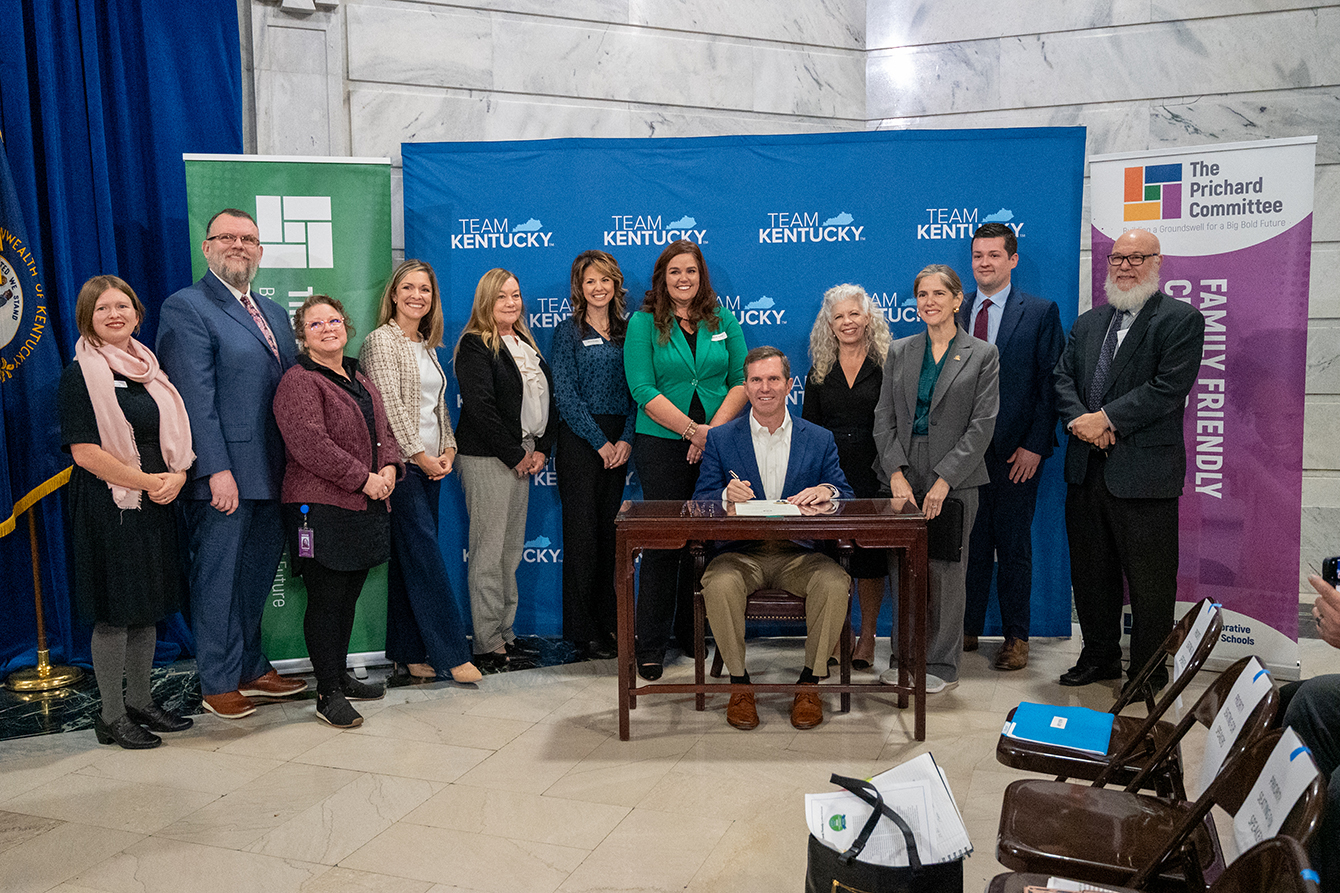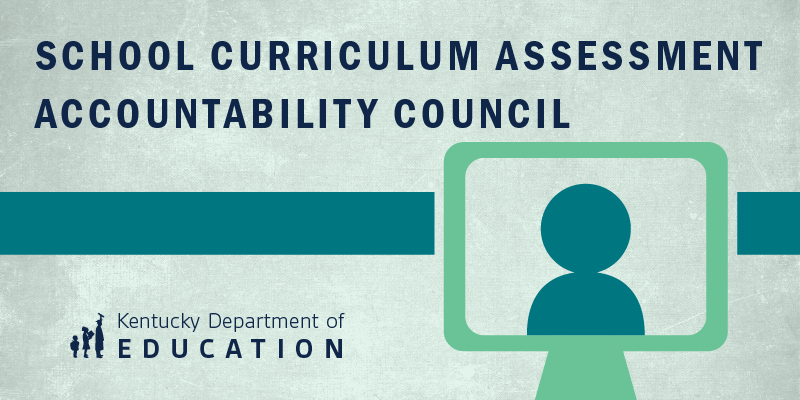- Members of all local boards of education are charter school authorizers, so all board members are subject to the training requirement.
- The training could be incorporated into school board member training provided by the Kentucky School Boards Association.
By Mike Marsee
mike.marsee@education.ky.gov
Members of local boards of education must receive training on the authorization of charter schools even if their board doesn’t receive an application for a charter school, Kentucky Education Commissioner Wayne Lewis told an advisory council Jan. 23.
Legislation passed in 2017 that allows for the establishment of public charter schools in Kentucky gives local boards of education and the mayors of Lexington and Louisville authorizing power.
Lewis said the Kentucky Department of Education (KDE) has been fielding questions from districts about the training requirement found in one of the administrative regulations governing the creation and operation of charter schools.
The regulations were examined at a meeting of the Charter Schools Advisory Council, an advisory body to KDE. A regulation addressing the evaluation of charter school authorizers calls for authorizers and members of authorizing boards to receive 12 hours of annual training or equivalent in-service training.
Lewis noted that all local boards of education are considered charter school authorizers – even if they never receive an application – and are subject to the training requirement.
“The rationale for that training is that because local boards are required to consider and act on charter applications, they really do have to have that training in order to fulfill their legal responsibilities,” Lewis said. “I understand that’s a tough pill for a lot of local boards to swallow, but that is the current requirement of the law.
The Kentucky School Boards Association (KSBA) provides training for local school board members, and KDE Associate Commissioner Kelly Foster said KDE is working with KSBA to incorporate training on charter school authorization into its training.
“We’re trying to work with KSBA to be able to provide those options,” Foster said. “An example might be training around leadership: We’ve made sure to incorporate language about charter authorizers so it would count toward that requirement, and it’s working pretty well.”
Eric Kennedy, KSBA’s director of governmental relations, said while charter authorizer training is important, KSBA believes that a reduction in the number of hours will still allow for robust charter training without crowding out time and money available for training on other topics.
“Reducing the current required number to perhaps six hours annually, while still allowing for overlap or a ‘dual-credit’ concept to apply for some topics, is something KSBA hopes will be considered by the council and the state board,” Kennedy said.
The council is considering revisions to the charter school regulations that would be recommended to the Kentucky Board of Education, which would authorize changes in the regulations.
Most of the changes discussed at the meeting involved clarifying language or definitions in the regulations. No action was taken by the council, and KDE General Counsel Deanna Durrett said her staff would incorporate the suggested clarifications into proposed revisions that will be presented to the council at its next meeting.



Leave A Comment